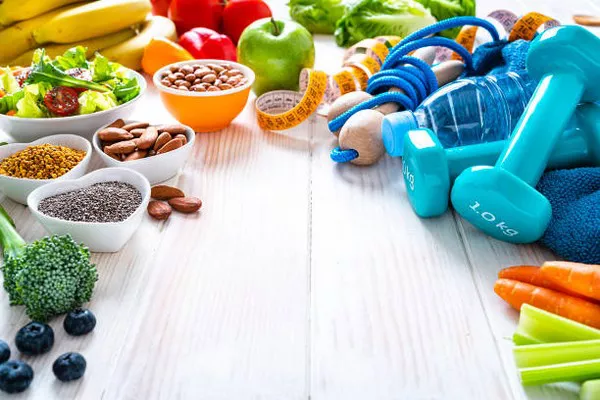Ozempic, a medication primarily used to treat type 2 diabetes, has gained popularity as a weight loss tool due to its appetite-suppressing effects. However, if you’re taking Ozempic, it’s essential to be mindful of your diet, as certain foods can cause discomfort or interfere with the medication’s effectiveness. Here are six foods you should avoid:
1. High-Fat Foods
High-fat foods, particularly fried and greasy options, can lead to gastrointestinal issues while on Ozempic. Dr. Shauna Levy, a specialist in obesity medicine, explains that consuming these types of foods can cause diarrhea and discomfort, akin to a dumping syndrome. The Ozempic website advises steering clear of fried foods to maintain digestive health.
2. Roughage-Heavy Fruits and Vegetables
Fruits and vegetables high in roughage or dietary fiber, such as pineapple and celery, should also be avoided. Dr. Christopher McGowan notes that these foods can slow down gastric emptying, leading to discomfort and bloating. Opting for softer fruits and veggies can help ease digestive processes.
3. Cruciferous Vegetables
Cruciferous vegetables, including broccoli, cauliflower, Brussels sprouts, cabbage, onions, and asparagus, can cause excessive gas, which may be particularly bothersome for Ozempic users. The fermentation process in the gut can lead to uncomfortable bloating and gas, making these vegetables a poor choice while on the medication.
4. Sweet Foods
Sweet treats and sugary foods can contribute to stomach aches and discomfort. The Ozempic website recommends limiting sweet foods, as they can cause fluctuations in blood sugar levels and increase hunger, which counteracts the medication’s primary purpose of reducing appetite.
5. Spicy Foods
Spicy foods can exacerbate acid reflux symptoms, especially for those taking Ozempic. As the medication delays gastric emptying, consuming spicy foods may lead to increased acid reflux and discomfort. If you don’t typically experience acid reflux, you may tolerate spicy foods better, but it’s best to proceed with caution.
6. Alcohol
While not a food, alcohol should also be consumed with caution if you’re taking Ozempic. Dr. Levy warns that alcohol can be empty calories that increase hunger and may undermine the medication’s appetite-suppressing effects. Moderate consumption is advisable, but individual tolerance can vary significantly.
Conclusion
When taking Ozempic, it’s crucial to be aware of the foods that can cause discomfort or hinder weight loss efforts. High-fat foods, roughage-heavy fruits and vegetables, cruciferous vegetables, sweets, spicy foods, and alcohol should be avoided or consumed in moderation. Always consult with a healthcare professional for personalized dietary advice while on medication. By making informed dietary choices, you can enhance the benefits of Ozempic and achieve your health goals more effectively.
Related Topic:


